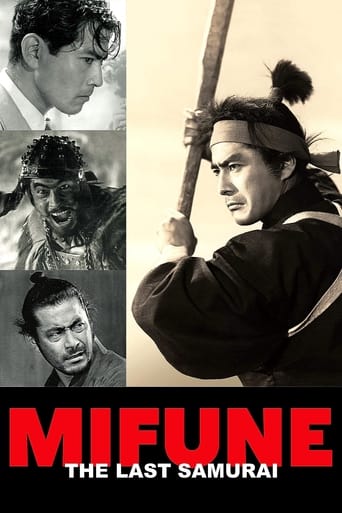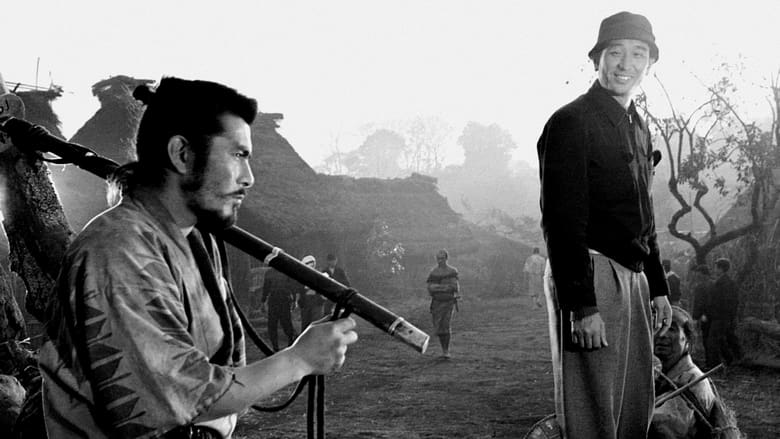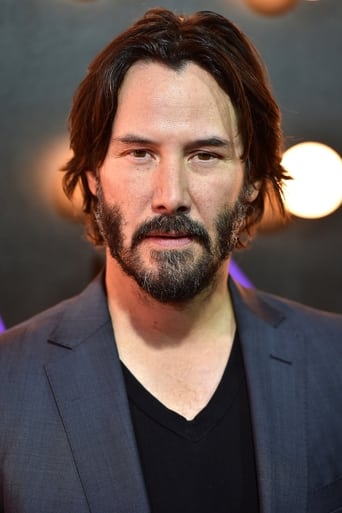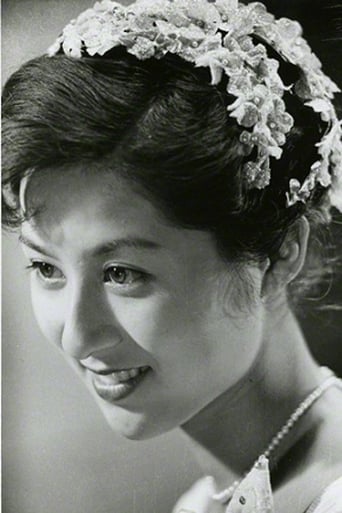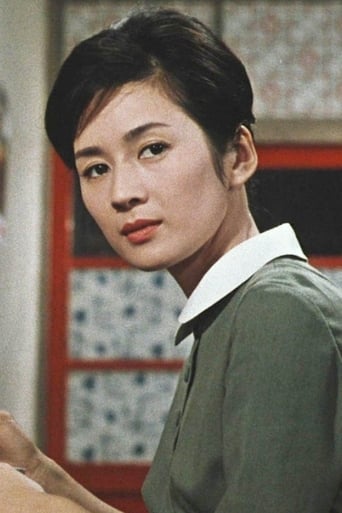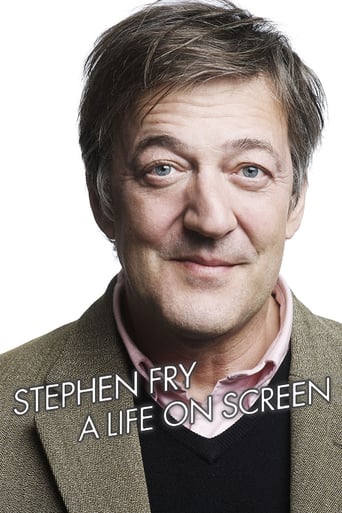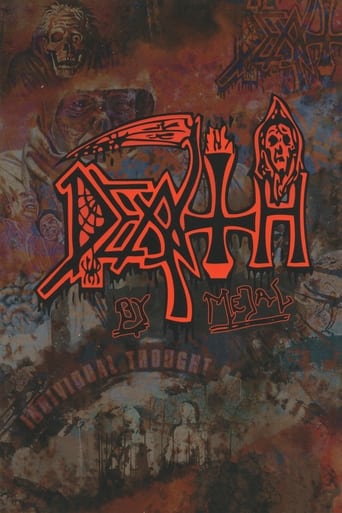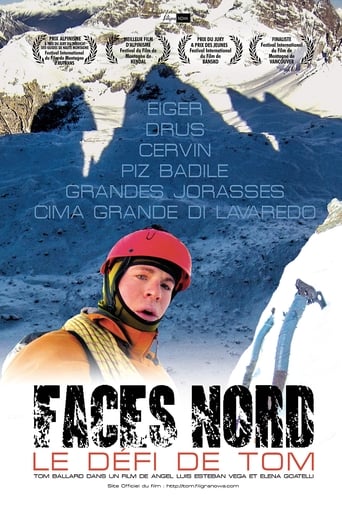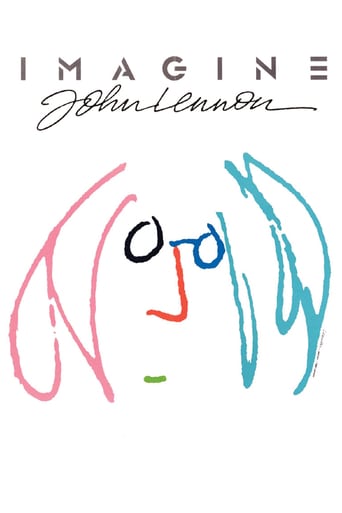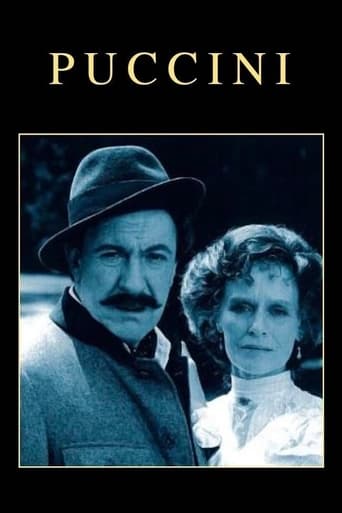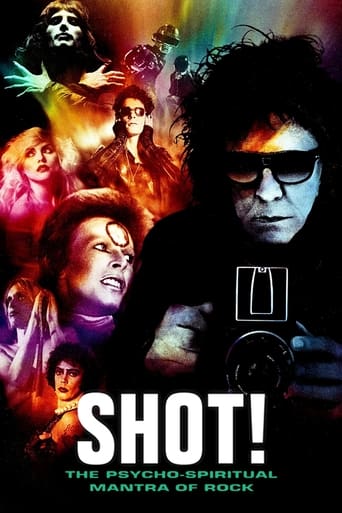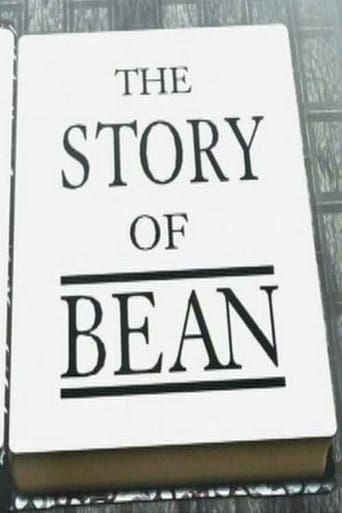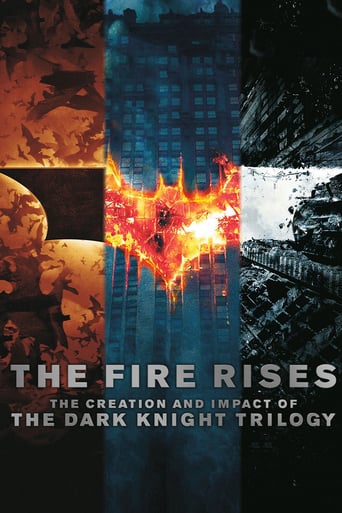Mifune: The Last Samurai (2016)
An account of the life and work of legendary Japanese actor Toshirō Mifune (1920-97), the most prominent actor of the Golden Age of Japanese cinema.
Watch Trailer
Free Trial Channels
Cast


Similar titles
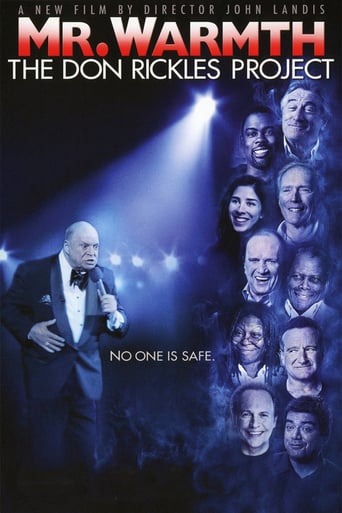
Reviews
Plot so thin, it passes unnoticed.
Most undeservingly overhyped movie of all time??
Absolutely the worst movie.
Absolutely Fantastic
The final statement from the letter of Akira Kurosawa to his friend Toshiro Mifune which was read on Toshiro's funeral made me cry. Any fan of Toshiro should watch this.PS: I watched nearly all of his movies and am obviously a huge fan of Toshiro. If I would rate it lower than 10 I would see it as insult to him.
I waited anxiously to watch Steven Okazaki's documentary about the greatest Japanese actor of the twentieth century, Toshiro Mifune. It had all the elements and resources to be excellent. Okazaki had the rare privilege of interviewing the eldest sons of both Mifune and Kurosawa, as well as actors and actresses who worked with Mifune. He had access to TOHO's archives and Kurosawa's and Mifune's families private collection. Spielberg and Scorsese gave testimonials about the influence of the actor in American cinema. And with all that, I was utterly disappointed with it.The documentary clocks in under 80 minutes to tell the story of an actor who made hundreds of films and influenced a century of different generations of actors from around the world. The testimonials are superficial, precious sources are wasted and long minutes are spent on side stories that have nothing to do with Mifune. Of the actor's eighteen films with Kurosawa, Okazaki chose four or five to detail and nothing was said that has not already been known to exhaustion by any movie buff. Even the chosen scenes are wrong. When the subject is Rashōmon or Shichinin no Samurai, no spoken scenes are shown, of Mifune. None. When we get to Kumonosu-jō, a whole sequence is spent for a supporting actor to reminisce of his own scene, and another one is to let us know that the extraordinary arrows scene was filmed without Kurosawa having made any life insurance for the actors. Very interesting. As detail. But nothing more is said about this exquisite work by Mifune and Isuzu Yamada. Actresses such as Kyôko Kagawa and Yôko Tsukasa, who worked several times with Mifune and could have told fantastic stories of both his creative process and his idiosyncrasies, remained in the shallow, in the anecdote. Director's fault.It is remembered that "The Magnificent Seven" is a remake of Shichinin no Samurai and that "A Fistful of Dollars" is a remake of Yojimbo. But not a word is said about "The Outrage," directed by Martin Ritt in 1964, being a remake of Rashōmon with Paul Newman and Claire Bloom. No new insight into Mifune and Kurosawa's breakup. And once the partnership is over, Okazaki rushes it to the end, even though Mifune had at least twenty years of active life in films and television after his last work with Kurosawa.For the nerd audience, George Lucas is an unforgivable (and inexplicable) absence, since it is known and confirmed the influence that Kakushi-toride no san-akunin, of 1958, had on the whole conception of the Star Wars saga. Also known is the fact that Mifune was asked to play Obi-Wan Kenobi and turned it down on the advice of his dorky business manager. It is said in Star Wars trivia that even Darth Vader's helmet was based on Mifune's helmets in his samurai films.Moreover, not a single Mifune interview. No TV shows, no attendance at awards or events. Mifune was a withdrawn and private man. It would have been invaluable to see him talk about his own life and career. Deconstruct the myth and show his humanity. The director should have panned out every scene in which Mifune offered a piece to help unravel the puzzle of his personality. As it was edited, the documentary is about an eighteenth-century figure. There are no voice records, there are no quotes or statements.It's a pity.
I'm sure I'm not the only one who was wondering why it is they couldn't get a hold of Tatsuya Nakadai. I feel that the approach they took with this documentary was a bit limiting. Given that "Samurai" is in the title it should come as no surprise that they, for the most part, really only talk about Mifune's roles as samurai in film. In a way it's both a documentary on Mifune and the chanbara genre as a whole. This is sort of a double edged sword for me. While I think it's valuable to provide background on the genre that Mifune is most famous for and which he in turn made popular outside of Japan, in the end it feels like you're sort of getting an incomplete picture of both him and the genre. The history lesson on the chanbara genre basically concludes with the introduction of Mifune and the history lesson on Mifune is more or less confined to his work in the chanbara genre. All things considered, for as much as I like this documentary and am a fan of what it features, I sort of wish it were two separate documentaries. One which covers chanbara, or perhaps just jidaigeki as a whole, and one which covers Mifune a bit more comprehensively. That might be a bit more satisfying as a whole. I'm sure any fan of Mifune could understand what I'm getting at. For anyone who wants to see a documentary on Mifune, there's going to be frustration that roles like he had in 'The Bad Sleep Well', 'High and Low' and 'I Live in Fear' are basically ignored. Likewise, any fan of the chanbara genre is undoubtedly going to feel a but cheated that Tatsuya Nakadai is never referred to at all, and that the history feels incomplete. I appreciate what this documentary is trying to do, and if you're a fan of Mifune, I would certainly recommend it. It could have been better though.
Steven Okazaki directed this excellent documentary about the famous Japanese actor, Toshirô Mifune and it's narrated by Keanu Reeves. As a lover of Japanese films, seeing this picture was an absolute must and I must point out that many of my favorite Japanese movies starred this incredibly talented man. However, in many ways it's a film less for folks like me, as I've seen almost all the films they discussed in the documentary. Instead, it would be a perfect introduction to his films and would provide you with many great recommendations of pictures you simply have to watch! And, as I already love and respect Mifune, the film didn't do much to change this!I should point out that if you want a more biographical look at the man, this may not completely satisfy you. You do learn about his life but I never exactly felt like I truly knew the man as I watched. Instead, it's much more of a filmography and as such highlighted his very best films and discussed them and their impact as well as how Mifune was able to make the most in his performances. In fact, when you do learn personal information, it's mostly negative, such as his very heavy drinking and marital infidelity. I would have loved to hear more from his son, Shiro, in order to learn more about who Toshirô really was off camera. Shiro is featured .but I wanted to hear much more. In addition to interviews with the son, you hear from many actors who worked with him as well as from American directors like Spielberg and Scorsese! Wow you wonder how Okazaki was able to get all this great contributors!Overall, this is a very well crafted film with lots of beautiful film clips, excellent graphics and editing and is really a must-see for anyone interested in international cinema. It's also a must-see for anyone who loves the films of Akira Kurosawa, as many of their best films were collaborations and are discussed in detail in this lovely documentary.

